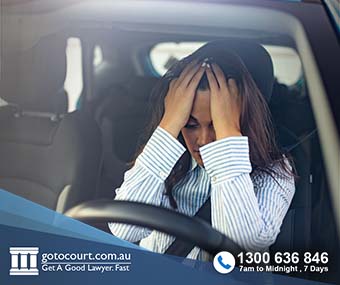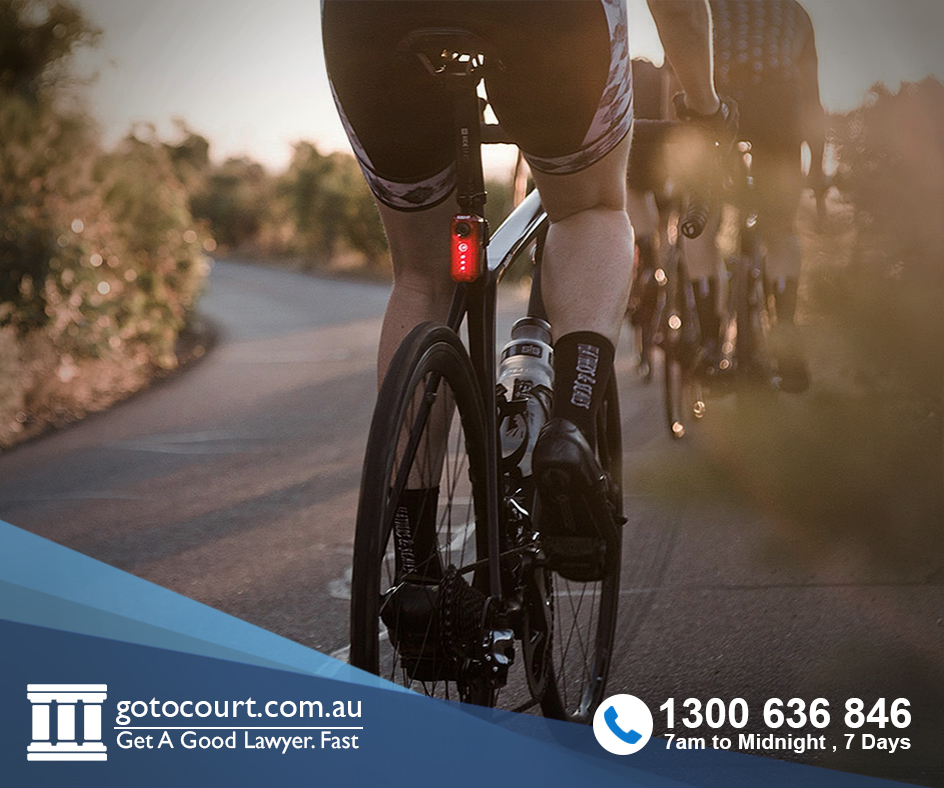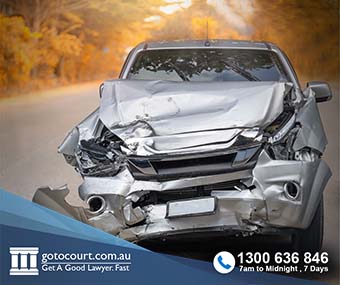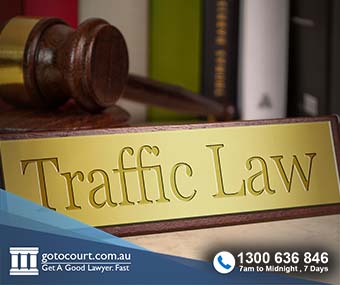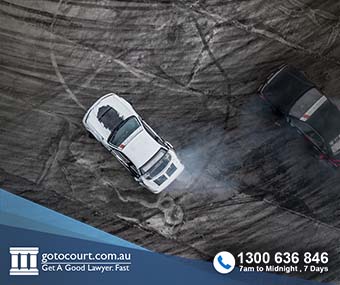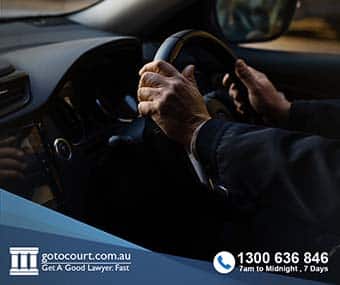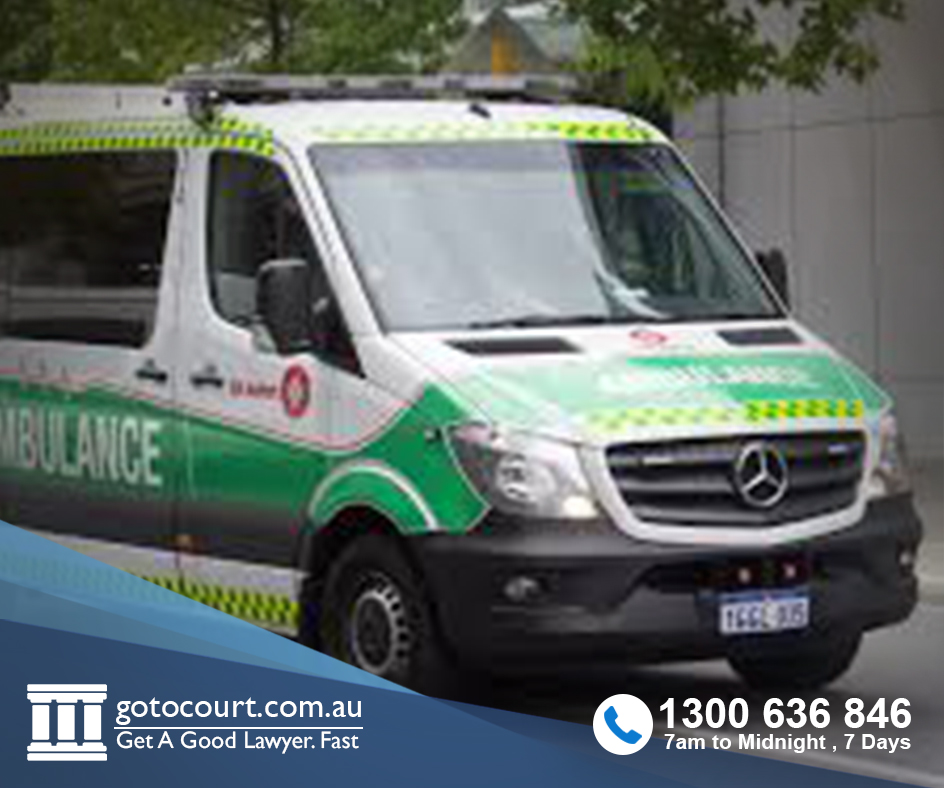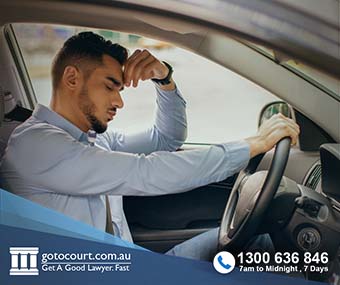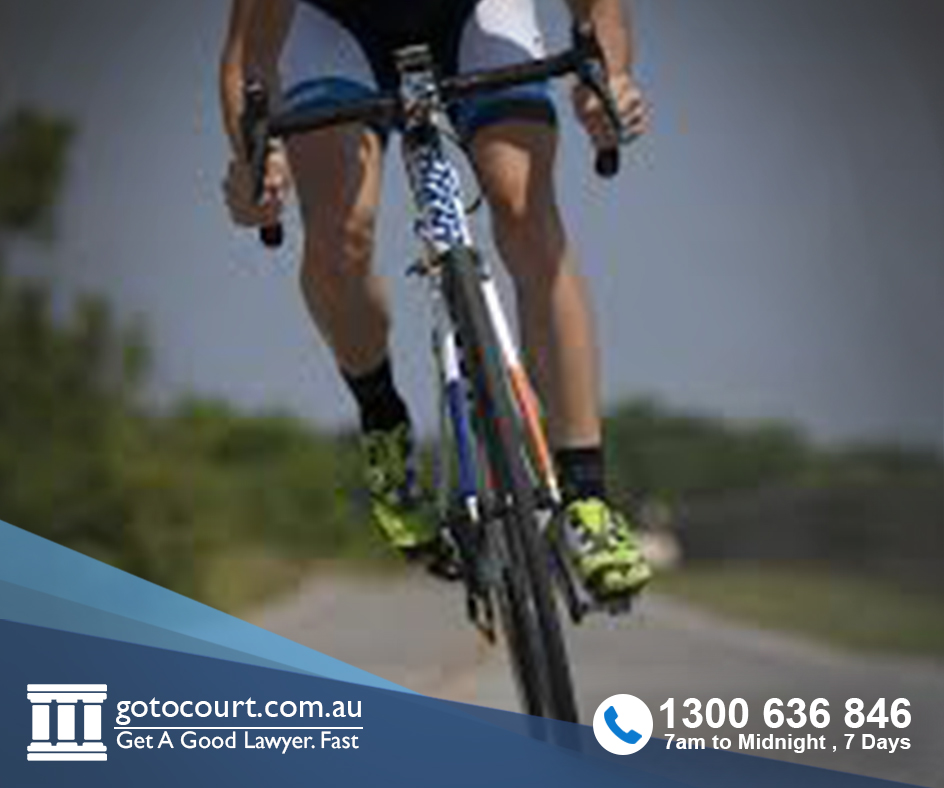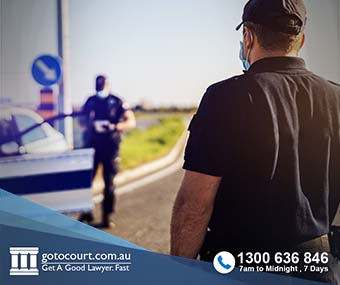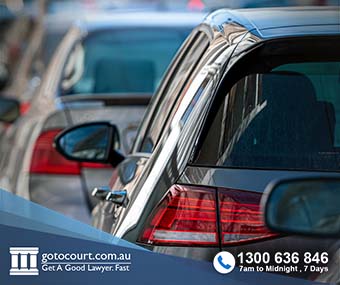Road Rules and Cyclists in Victoria
Road Rules and Cyclists in Victoria
Cyclists in Victoria are permitted to ride on the roads, on bike paths and on shared footpaths. Cyclists are generally not allowed to ride on pedestrian footpaths. Cyclists must obey all road rules as well as being subject to some extra rules that apply only to bicycles. Failure to obey the road rules can result in a cyclist being fined like any other road user. However, there is no demerit system for cyclists.
What is a bicycle?
Bicycle rules apply to all wheeled vehicle powered by a person using a belt, chain or gears. It includes tricycles, unicycles and power-assisted bicycles.
What equipment must a cyclist have?
Cyclists in Victoria are required to wear a helmet when riding on roads, bike paths or shared walkways. The helmet must be securely fitted and fastened and must display the mark of compliance with the Australian standard and the symbol of an accredited company.
Cyclists in Victoria are also required to have at least one functioning brake and a horn, bell or another warning signal. When riding at night, cyclists are required to have a white light of the front, a red light on the back and a red reflector on the back. The lights must be visible from 200 metres away.
Riding on a footpath or shared path
Cyclists in Victoria are allowed to ride on a pedestrian footpath is you are a child under 12, an adult supervising a child under 12 or if you have a medical certificate stating that you have a disability that makes it difficult for you to ride on the road.
When riding on footpaths, cyclists must keep left and give way to pedestrians.
Use of mobile phones
Cyclists are only allowed to use phones while riding if they are making or receiving phone calls or using the phone’s audio function and the phone is either secured to the bike in a commercially designed holder or in the rider’s pocket. Use of a phone’s GPS function while riding is only permitted if the phone is secured in a commercially designed holder.
The penalty for using a phone while riding otherwise than permitted is a fine of $476.
Bicycle lanes
Where there is a bicycle lane provided, cyclists must use it unless it is not practical to do so. Motorists are not allowed to drive cars in the bike lane unless there is a sign indicating that they can do so, or they are using the lane for 50 metres or less to turn at an intersection, drop of a passenger, overtake or enter or leave the road. Motorists using the bike lane must give way to cyclists in the bike lane.
Riding two abreast
Cyclists in Victoria can ride next to one other cyclist on any road. Cyclists must not ride next to more than one other cyclist (unless overtaking). When riding two abreast, cyclists shouldn’t be more than 1.5 metres apart.
Tram stops
When a tram stops, cyclists must stop at the rear of the tram until the tram doors have closed. They may then cycle past the tram.
Additional road rules for bicycles
Cyclists are required to face forwards and have at least one hand on the handlebars. Cyclists may only carry passengers if they ride on a passenger seat.
Cyclists must obey the speed limit, traffic lights, stops signs and give way signs. They must give way to pedestrians crossing the road they are turning into whether there are lights or not. Cyclists must signal with their right hand when they are turning right or moving to the right. They are not required to signal when turning left.
Alcohol and drugs
Unlike other Australian jurisdictions, Victoria does not have a specific offence consisting of riding a bicycle whilst intoxicated. Furthermore, police do not have the power to breath test a person on a bike, but only a person in charge of a motor vehicle.
However, a person who is intoxicated and riding in a public place may be charged with another offence, such as being drunk in a public place (Section 13 of the Summary Offences Act) or being drunk and disorderly in a public place (Section 14 of the Summary Offences Act.)
While there have been sporadic moves to bring in legislation making drunk cycling an offence in Victoria, there have been mixed responses to this. While some have felt that cycling drunk poses a serious risk to the cyclist and other road users, others have argued that criminalising drink riding may lead to more people opting to drink and drive. It has also been pointed out that cyclists in Victoria who drink and ride do not contribute significantly to the road toll.
If you require legal advice please contact Go To Court Lawyers.

Affordable Lawyers
Our Go To Court Lawyers will assist you in all areas of law. We specialise in providing legal advice urgently – at the time when you need it most. If you need a lawyer right now, today, we can help you – no matter where you are in Australia.How It Works




1. You speak directly to a lawyer
When you call the Go To Court Legal Hotline, you will be connected directly to a lawyer, every time.

2. Get your legal situation assessed
We determine the best way forward in your legal matter, free of charge. If you want to go ahead and book a face-to-face appointment, we will connect you with a specialist in your local area.

3. We arrange everything as needed
If you want to go ahead and book a fact-to-face appointment, we will connect you with a specialist in your local area no matter where you are and even at very short notice.


